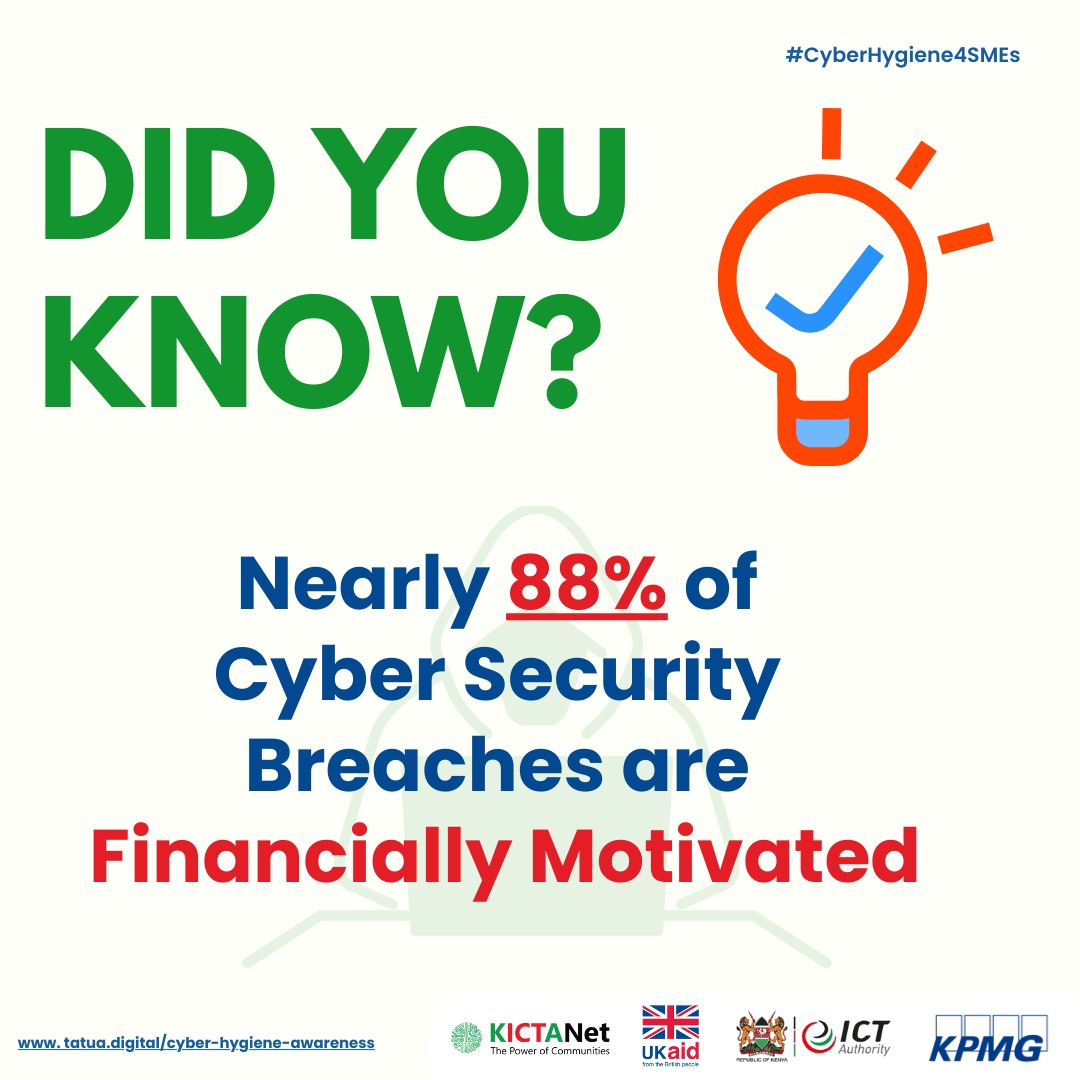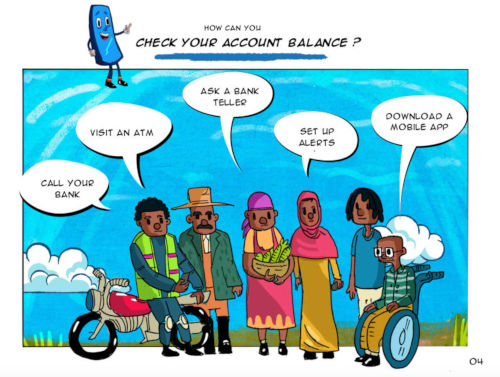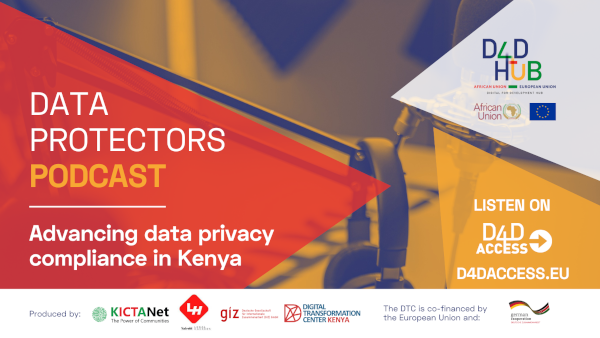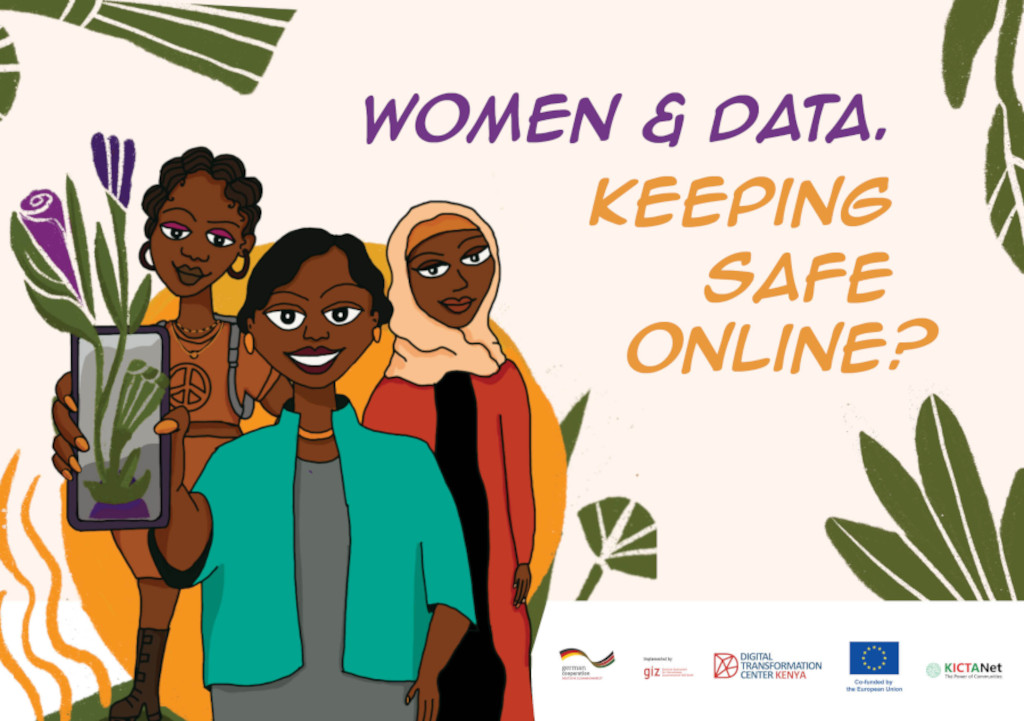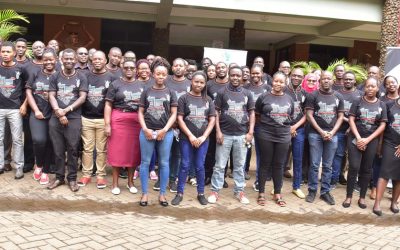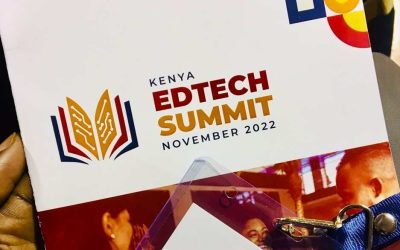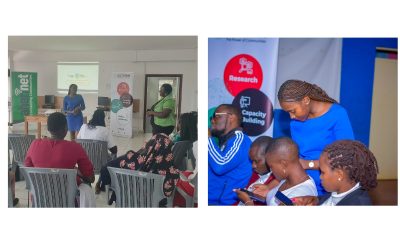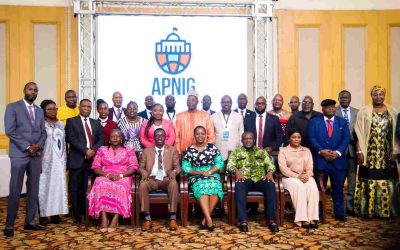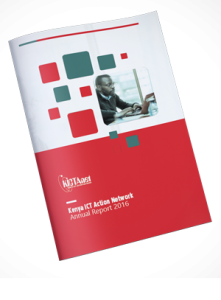KICTANET POST : Latest news, events & opportunities
Advocacy Through Stakeholder Engagement Demonstrated at the Kenya School of Community Networks
Stakeholder engagement and participation were visible at the Kenya National School of Community Networks, bringing together various organisations supporting the community networks movement. 1. KICTANet has been supporting the movement in Africa through its Africa...
Why Communities of Practice are Essential.
Communities of practice are groups of people who share a concern or a passion for something they do and learn how to do it better as they regularly interact to promote the spread of best practices. Under the National Exchange Fund from APC sponsored by UKAid, virtual...
EdTech: Assistive Technology for Inclusive Education
By Nicodemus Nyakundi To use EdTech to produce inclusive, effective, and resilient learning, we must rethink accessibility. We must consider moving the EdTech ecosystem towards evidence-based, technology-enabled teaching and learning. There is no better place to...
Data Protection, Three Years Later – The Good, The Bad and The Ugly
By John Walubengo It has been three years since the Kenyan Data Protection Act was enacted in November 2019 and two years since the first Data Commissioner was appointed and sworn into the Office of the Data Protection Commission. A lot has taken place over this...
KICTANet conducts two Community of Practice Activities on OGBV and Women’s Data Protection and Privacy in Kakamega and Kisumu
Digital Enquire Kit module on OGBV On 16th November 2022, KICTANet conducted two community of practice workshops in Kisumu and Kakamega with 40 participants drawn from Community Based Organisations, human rights defenders, feminists, activists and journalists. We...
What is The Difference Between Blockchain, Cryptocurrency and Crypto-exchanges?
By John Walubengo Last week one of the largest Cryptocurrency Exchanges, FTX, made news for the wrong reasons – it collapsed, filed for bankruptcy, and the CEO was reported to be on the run to Latin America. This event got many people talking about blockchains,...
Role of African Parliamentarians in Shaping an Inclusive and Human-Centric Digital Future
By Josephine Miliza The Internet Governance Forum is a multi-stakeholder platform where new and ongoing issues related to internet governance are discussed and debated. These discussions happen at the national, regional and global levels and inform the development of...
Why Digital Accessibility on Twitter Is at Stake
By Florence Ouma Twitter’s Accessibility Experience Team got laid off in a series of changes sweeping the social media platform. The team was responsible for making the site’s user experience friendlier for people living with disabilities. The now ex-Engineering...
Pathways Toward a Sustainable Regulation of Online Platform Work in Kenya
By Nicodemus Nyakundi How can we ensure a sustainable, human-centred digital economy? Would giving guidance and regulations help solve challenges and create opportunities in the online gig economy? These are the key questions that shaped the discussions during the...
KICTANet is a multi-stakeholder Think Tank for ICT policy and regulation. The Think Tank is a catalyst for reform in the Information and Communication Technology sector. Its work is guided by four pillars of Policy Advocacy, Capacity Building, Research, and Stakeholder Engagement.
KICTANet’s mission is to promote an enabling environment in the ICT sector that is robust, open, accessible, and rights-based through multistakeholder approaches.
During the 2022 – 2024 strategic period, KICTANet has prioritised the promotion of effective multistakeholder participation; an enabling legal, policy and regulatory environment; building capacities and empowered communities; and institutional strengthening. KICTANet’s guiding philosophy encourages synergies in ICT policy-related activities and initiatives. As such, the network provides mechanisms and a framework for continuing cooperation, engagement and collaboration in ICT matters among industry, technical community, academia, media, development partners, civil society and government.
_____
Strategic Priority.
- Convening power. To strengthen and promote engagement, collaboration and relationships with relevant stakeholders (state, business and non-state actors).
- Promoting an enabling environment. To catalyse policy, legislative and regulatory reforms in the ICT sector.
- Building capacities and empowered communities. To build the capacity of the stakeholders across government, business society and civil society and the citizens.
- Institutional strengthening.
The report outlines the work undertaken in between 2007 and 2016 which is underpinned by crowd sourcing and community engagement
Click here to download the report
FACTS AND FIGURES
Achievement of the Network over the Years
Publications
Thought Leadership Forums
Persons trained
Policy Interventions
Conversations in KICTANET listserv
Active listers contributing often
Different conversation threads
Impressions on ICT policy discussions
Our Pillars
KICTANet’s organisational strategy:
Policy Advocacy
Capacity building
Research
Stakeholder engagement
We facilitate stakeholder engagement through collaborative initiatives in face-to-face Town Hall meetings, and in the KICTANet?s interactive mailing list where multiple stakeholders engage regularly on ICT policy issues.


